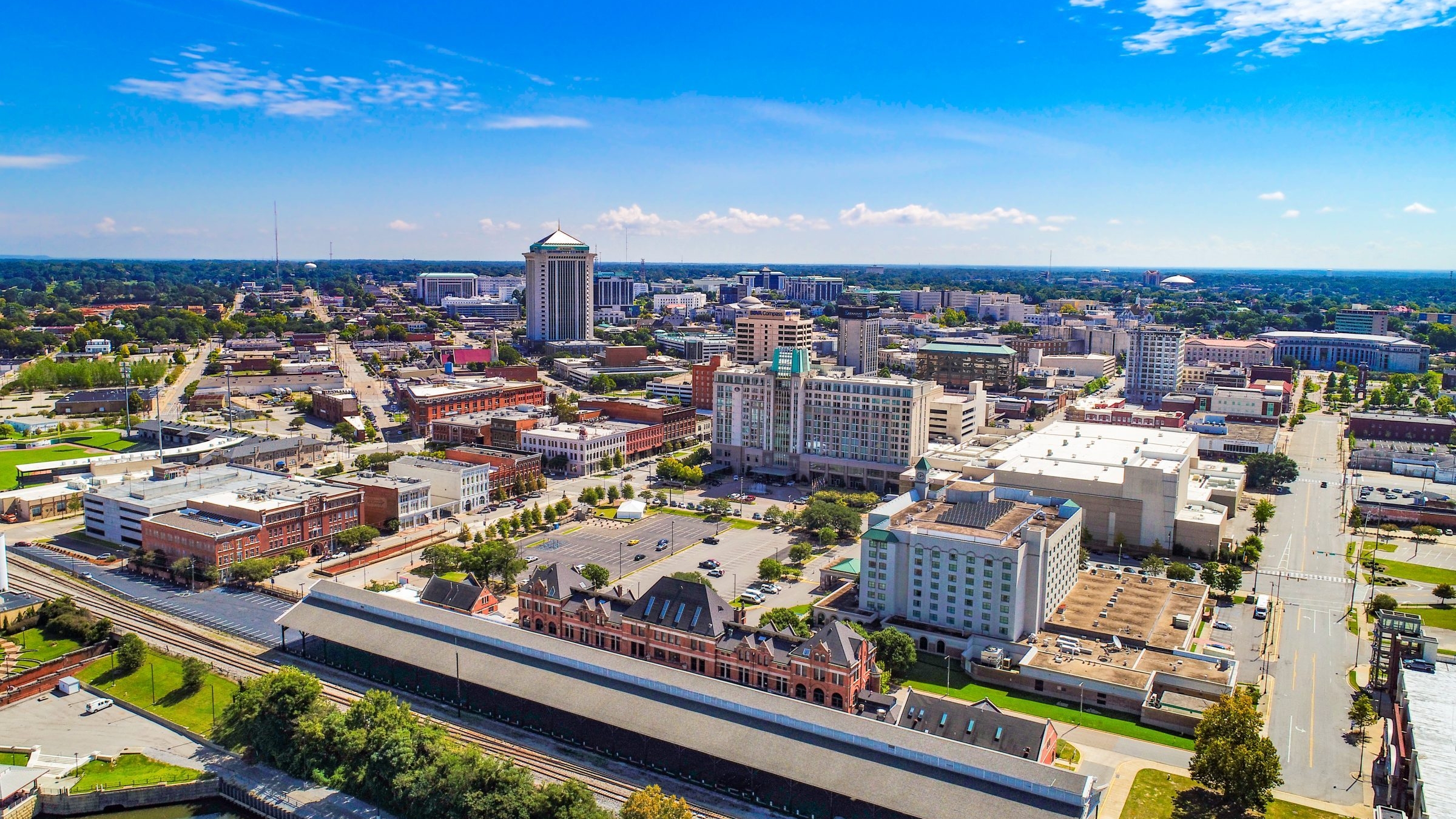The names of multiple Montgomery city streets and avenues are being considered for change as the city agrees to pay a $25,000 fine levied by Alabama Attorney General Steven Marshall after last years’ decision to rename Montgomery’s Jefferson Davis Avenue to Fred Gray Avenue.
Mayor Steven Reed confirmed last Tuesday during a Montgomery city council meeting that an anonymous source agreed to pay the fine, required under the Alabama Memorial Preservation Act of 2017, and has “committed to assisting the city when necessary” for potential fines in the future as the city begins to take steps towards renaming other streets.
The previous year, Reed assembled a group of local historians and educators to look into other streets, parks, and public spaces that could be renamed “To help create a more honest, appealing narrative and approach to Montgomery’s history and the narrative we want written going forward.”, Reed said.
The committee was the body that recommended Jefferson Davis Avenue be changed, with Fred Gray, who grew up on the avenue, among those individuals listed as possible replacements.
In the committee’s report, obtained by APR, the group suggested renaming several streets named after Confederate army officers and generals, including Clanton Avenue, Early Avenue, and Lee Street.
The committee suggested renaming Jackson street, named for U.S President Andrew Jackson, a slaveholder and approver of the Indian Removal Act, and Calhoun Road, named for former U.S Vice President John C. Calhoun, another slaveholder and vehement defender of slavery as a “positive good” in the American south, who served in the Executive with Jackson as his VP.
Other streets named for 16th century Spanish Conquistadors Hernán Cortés (anglicized Cortez) and Hernando de Soto — with de Soto the only of the pair to step foot in the land later called Alabama — are also suggested by the committee to be renamed.
Wallace Drive, named for former Alabama Governor and the face of American segregation, George Wallace, was also recommended for renaming, according to the report.
The names of individuals who the committee felt could replace the recommended streets include:
- Reverend Ralph Abernathy, a pivotal rights leader during the Montgomery bus boycott of 1955 and leader of the Southern Christian Leadership Conference after the assassination of Dr. Martin Luther King.
- Johnnie Rebecca Carr, the fifth and longest-serving president of the Montgomery Improvement Association (the organization that launched the Montgomery bus boycott) and member of the NAACP.
- Nat King Cole, a world-renowned jazz singer and entertainer, who was born in Montgomery.
- Clifford Durr, a white Alabama lawyer and Rhodes Scholar whose Montgomery law practice played a pivotal role in defending civil rights activists in Montgomery during the middle half of the 20th century.
- Virginia Foster Durr, a white civil rights activist and lobbyist who, with husband Clifford, aided and supported countless civil rights activists in Montgomery, including her close friend Rosa Parks.
- Vernon Johns, former pastor of Dexter Avenue King Memorial Baptist Church (then named Dexter Avenue Baptist Church) and fierce advocate of racial equality in Alabama and the nation at large.
- Percy Lavon Julia, a pioneering research chemist and Montgomery native who was the first to synthesize the chemical Physostigmine used in treating glaucoma.
- Dr. Martin Luther King, the most consequential civil rights figure and leader in American history, who lived in Montgomery between 1954 and 1960.
- John Lewis, one of the first civil rights marchers to cross the Edmund Pettus Bridge in Selma on Bloody Sunday and a subsequent U.S Representative for the Georgia 5th.
- Mary Ann Neeley, a renowned Montgomery and Alabama historian and former researcher at the Alabama Department of Archives.
- Jo Ann Robinson, an Alabama State University English professor who, along with two of her students, was responsible for mimeographing 50,000 flyers calling Black citizens of Montgomery to boycott the use of Montgomery city buses — effectively beginning the Montgomery Bus Boycott — in the hours after the arrest of Rosa Parks.
- Solomon Seay, a Montgomery lawyer who worked alongside Fred Gray and Charles Langford to represent civil rights activists and participated in cases that “helped shape the modern civil rights movement,” according to the committee.




















































